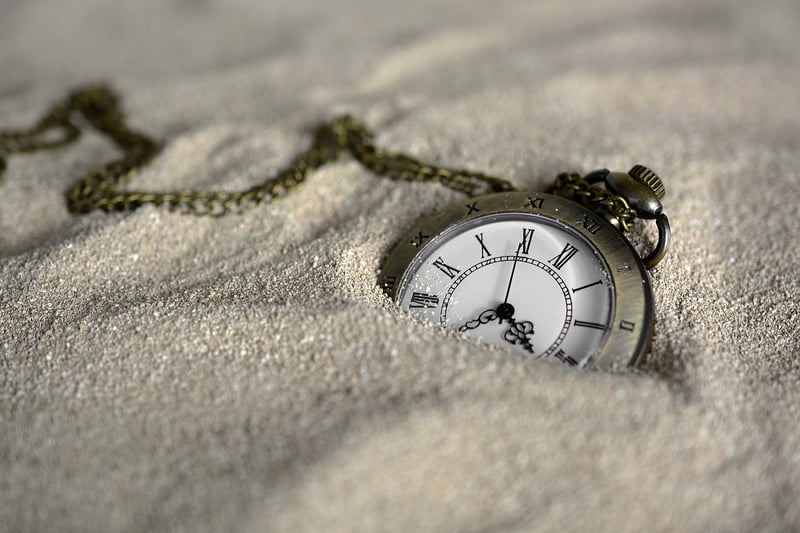Temporal Paradoxes
The Perils of Temporal Paradoxes: A Warning
Time travel has long captured the imagination of humankind, offering a tantalizing glimpse into the past or the future. However, beneath the allure of altering historical events or uncovering mysteries lies a dangerous territory rife with temporal paradoxes.
What is a Temporal Paradox?
A temporal paradox occurs when an action in the past influences the future in such a way that it interferes with the original sequence of events, creating a contradiction that defies logic.
The Grandfather Paradox
One of the most well-known temporal paradoxes is the Grandfather Paradox. Imagine a time traveler going back in time and preventing their grandfather from meeting their grandmother. As a result, the time traveler's existence is negated, leading to the question: if the time traveler was never born, how could they have traveled back in time in the first place?

The Butterfly Effect
Another common paradox is the Butterfly Effect, where a small change in the past can have significant repercussions in the future. This concept highlights the interconnectedness of events and the unpredictable nature of altering the timeline.

A Cautionary Tale
While the idea of time travel may seem thrilling, it is essential to consider the potential risks and consequences of meddling with the fabric of time. The repercussions of altering past events are unpredictable and could lead to catastrophic outcomes.
Conclusion
As we delve into the realm of time travel and temporal paradoxes, it is crucial to approach this concept with caution and respect for the delicate balance of the space-time continuum. Let us heed the lessons of science fiction and tread carefully in the vast and mysterious landscape of time.
Remember, the consequences of temporal paradoxes are not to be taken lightly.
